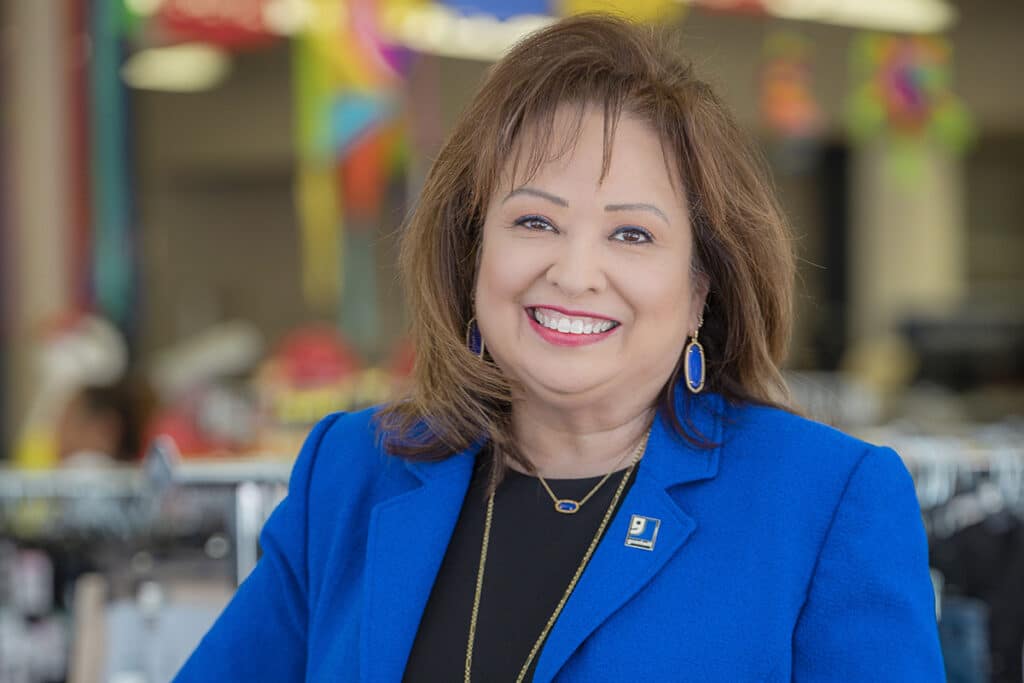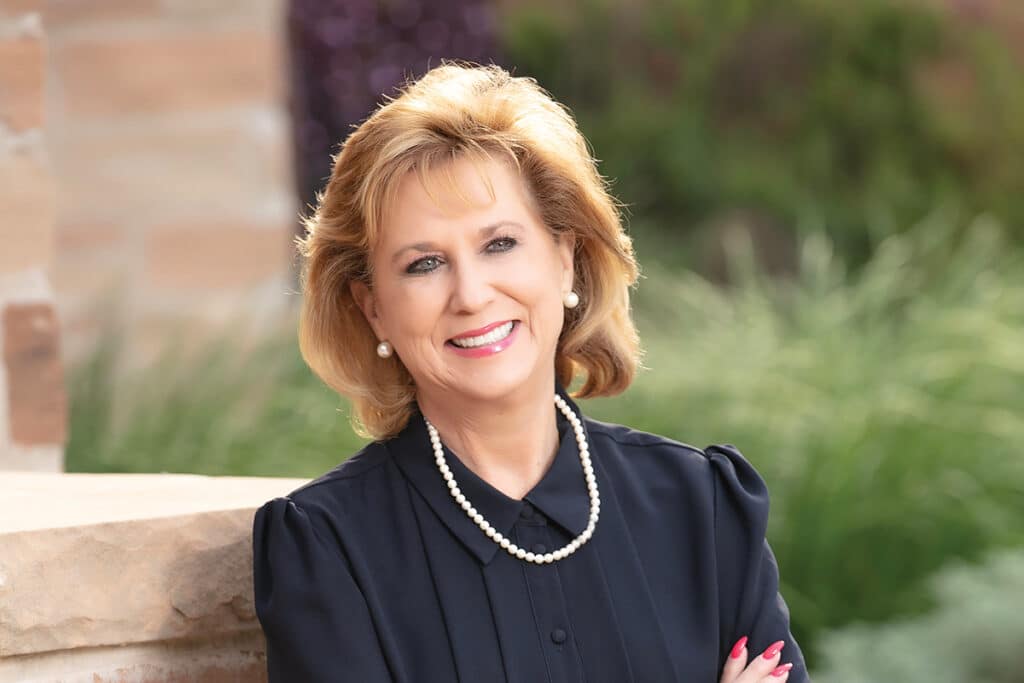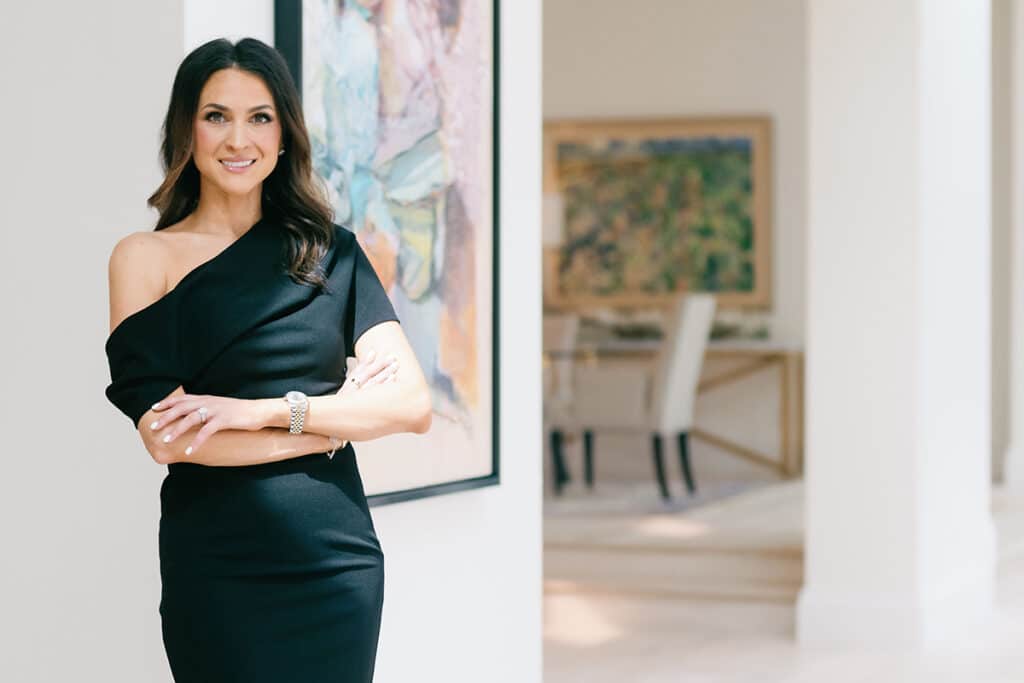
By Paul J. Watkins
Breast cancer is a diagnosis that brings fear and uncertainty, not just from the disease itself but also from questions regarding reconstruction options, cosmetic results, and restoration of self-confidence.
Megan Burgess, MD, is a board-certified plastic, reconstructive, and general surgeon at Plastic and Reconstructive Institute of Texas in San Antonio. She has a particular interest in treating breast cancer patients. According to Dr. Burgess, studies show that performing reconstruction immediately after breast cancer surgery results in the best, most natural-looking outcomes.
“Being flat can be devastating,” she adds, “so if the woman wakes up from surgery with the breast mound, she doesn’t feel as depressed. She feels like cancer is not taking everything from her. Also, immediate reconstruction can allow for fewer surgeries.”
The surgeon says that when a woman requires – or chooses – a mastectomy, implant-based reconstruction is often the easiest and most popular option. “We do liposuction and fat grafting as part of the reconstruction, and that fat goes around the breasts to help make them look more natural. It’s not a large, involved surgery, and the patient stays in the hospital only one or two nights.
“Sometimes, a woman doesn’t want implants, and that’s when we discuss an ‘autologous breast reconstruction.’ We can use skin, muscle, and blood vessels from the patient’s butt cheek, inner thigh, or abdomen to reconstruct the breast. The tummy tuck that comes with the abdominal autologous breast reconstruction can help improve the stretched, aged appearance that a lot of women have developed from having children.”
Determining which option is best for a woman, Dr. Burgess informs, depends significantly on the patient’s personal preferences, as well as her current breast appearance. “Does she have large breasts? Does she want to maintain large breasts? Does she want to go smaller? Does she want them perkier? After years of pregnancy, breastfeeding, childrearing, weight gain, and weight loss, the breasts often don’t look the way women want them to look. Many times, with implants, I can get them closer to an ideal, if that’s what a woman is interested in achieving.”
After partnering with hundreds of women through their breast cancer journeys, Dr. Burgess has a well-informed perspective on reconstructive surgery. “The patients have cancer, and that’s scary in and of itself. Not having any control over the treatments, the chemotherapy, losing their hair, and losing their breasts just compounds it. They worry about what their spouses will think of their appearance and if they will still see the patients as women. I help women look at reconstruction as taking some control over what cancer is going to do to them and reinventing their breasts in a positive way, and I really love that. I think every woman deserves an option for reconstruction and a feeling of empowerment when treating and overcoming breast cancer.”
Despite the benefits, some women have concerns about undergoing reconstructive surgery, ranging from post-surgical pain to the appearance of their breasts, the safety of the implants, and possible complications. Women may wonder if other people will know they had breast reconstruction and treat them differently.
Dr. Burgess assures that pain control is a priority before, during, and after surgery; reconstructive techniques provide outcomes that are more natural than ever before, and modern implants are unprecedented in their safety and biocompatibility.
“We’re better at treating breast cancer today, especially if we catch it early, and it’s just something that you live with,” states Dr. Burgess. “I want women to be proud of their bodies, proud of their survivor status, and grateful that they were able to reach out to the community and get the help they needed.
“The surgeries I do are very rewarding,” she concludes, “whether they’re to make somebody feel better about themselves or just to get them back to a normal, if not better, state than when they first came under my care. That is the powerful part of what I do.”
For more information or to make an appointment, please call (210) 600-9110 or visit PRInstituteOfTx.com.




